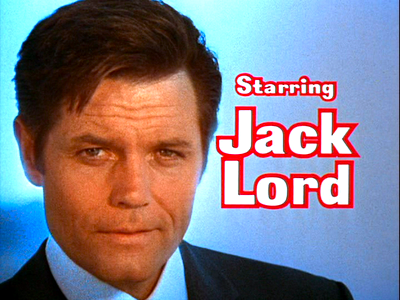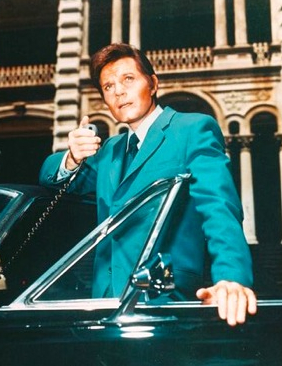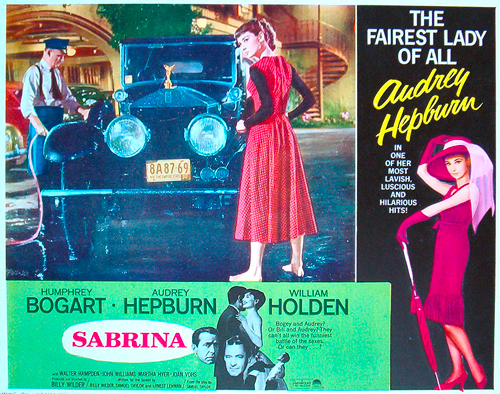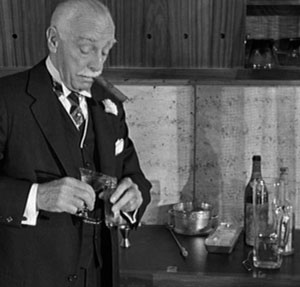 By Joe Bendel. “Banned in Pakistan” sounds like a heck of recommendation for a film. Yet, in the case of Abhishek Sharma’s Tere Bin Laden (a bit of wordplay roughly translating to “Without Bin Laden”) it is hard to understand why they bothered. A mildly amusing satire, Tere tweaks the American response to the September 11th terrorist attacks far more than its Al-Qaeda mastermind, but evidently the Pakistani authorities feared any comedic representation of Bin Laden would be provocative. American audiences can judge for themselves today as Tere opens at select theaters nationwide (see listings here).
By Joe Bendel. “Banned in Pakistan” sounds like a heck of recommendation for a film. Yet, in the case of Abhishek Sharma’s Tere Bin Laden (a bit of wordplay roughly translating to “Without Bin Laden”) it is hard to understand why they bothered. A mildly amusing satire, Tere tweaks the American response to the September 11th terrorist attacks far more than its Al-Qaeda mastermind, but evidently the Pakistani authorities feared any comedic representation of Bin Laden would be provocative. American audiences can judge for themselves today as Tere opens at select theaters nationwide (see listings here).
In a bit of a departure for Bollywood, Tere is set in Pakistan and stars the Pakistani popstar Ali Zafar as Ali Hassan, an aspiring journalist who dreams of making it big in America. Unfortunately, his departure is delayed by the 9-11 terrorist attack. When his flight finally leaves, his odd behavior (possible only in a slapstick comedy, given the obviously tense circumstances) is misinterpreted as a hijacking attempt. As a result, Hassan is barred from America for life.
Our young protagonist perseveres though, toiling away at a low rent news station, trying to raise cash for a new set of identity papers. Covering a rooster-crowing contest, Hassan spies a poultry breeder named Noora who is the spitting image of Bin Laden — okay, maybe that is a bit daring on the filmmaker’s part.
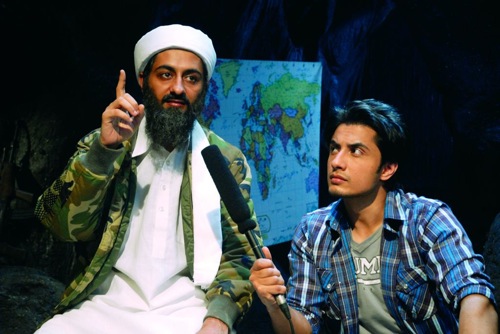
However, when the reporter bamboozles the eccentric Noora into making a counterfeit Bin Laden video, made up like his notorious double, the jokes really are not directed at Bin Laden, but primarily at his target -Hassan’s promised land of America. When the bogus tape hits the airwaves shortly thereafter, the American military naturally starts carpet-bombing Afghanistan out of sheer panic. Frankly, this is the sort of satire you can find in any number of American films. Of course, the Bollywood musical numbers are a different story, the best being Zafar’s mellow groover, “Bus Ek Soch.”
Ironically, the most endearing character of Tere is the likably goofy faux Bin Laden, played by Pradhuman Singh, who shows a flare for physical comedy and chicken wrangling. Zafar, who reportedly was once held for ransom by self-described Bin Laden supporters, is also reasonably engaging as Hassan. One can also understand why he might be gun-shy with satirical material that cuts too close to the bone.
The outrageous positions Bin Laden’s double finds himself in (chasing chickens with a grenade super-glued to his hand, for instance) may well help bring the mass murderer’s public image down to earth. If so, Tere could be a force for good. Still the Kumbaya ending, suggesting everyone can come together and work things out if America only reaches out to her enemies, is hardly an accurate reflection of the world as it is.
Ultimately, Tere plays it safe in choosing its targets. That it still found itself deemed “anti-Islam and anti-Pakistan,” with many censors apparently unable to distinguish between Bin Laden and a character clearly impersonating him within the context of the film, is probably more telling than anything in the film itself. For those intrigued by its backstory, Tere opens today (8/6) at the Big Manhattan (formerly ImaginAsian) Cinema for a one week run, with the possibility of extending, and in other theaters nationwide.
Posted on August 6th, 2010 at 3:09pm.
